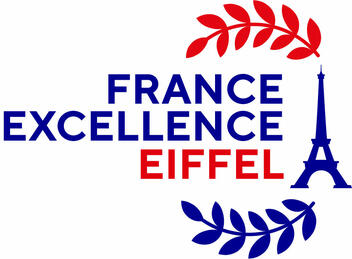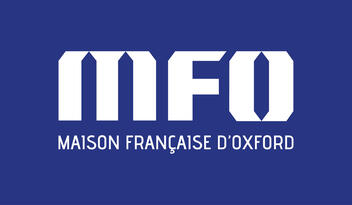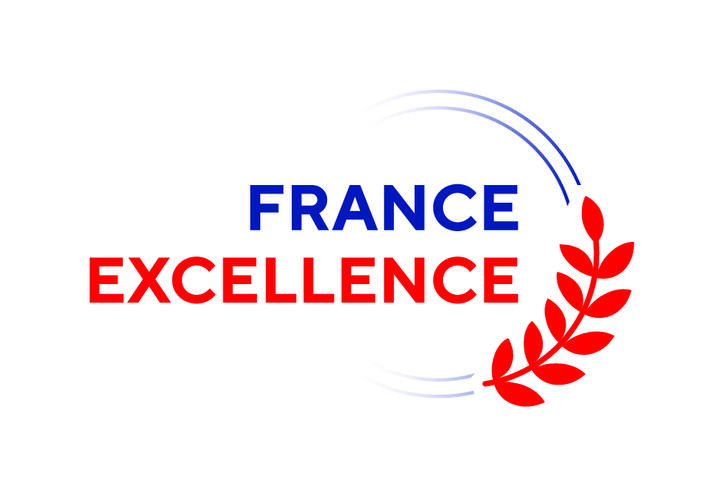This page aims to provide you with an overview of the different scholarships available to foreign students in France.
Campus Bourse

Campus Bourses (Campus Scholarships) provides information on the scholarships offered to foreign students. The tool lists all of the assistance provided by the States (French and foreign), regional authorities, companies, foundations and institutes of higher education. Filter your search by nationality, field and level of studies to find the assistance that corresponds to your profile.
Below, we detail the scholarships managed by Campus France.
Scholarships managed by Campus France
While specific prerequisites will be listed in each call for application, the only constant is that you are not eligible if you are a French citizen.
| Logo | Name | Level | Purpose | Duration | Monthly stipend | Links |
|---|---|---|---|---|---|---|

|
Eiffel (France Excellence) | Master, Doctorate | Study | 1 to 3 years | €1,181 (Master) or €1,800 (Doctorate) | 2025 call for applications |

|
Entente Cordiale (France Excellence) | Master | Study | 6 months to 1 year | €700 | |

|
Major (France Excellence) For AEFE students only |
Bachelor | Study | Up to 5 years | €280 or €860 | Terms of the programme |

|
Maison Française d'Oxford | Doctorate | Research | Varies | Varies | 2025 calls for applications |

|
Make Our Planet Great Again (MOPGA) | Post-Doctorate | Research | Up to 12 months | €2,500 | 2025 call for applications |

|
Scientific High Level Visiting Fellowships (SSHN) |
Doctorate, Post-Doctorate | Research | 1 to 3 months | Varies | 2025 call for applications |
Non-academic financial and practical helps
International students in France have access to various forms of financial assistance, regardless of their status as exchange students or degree-seeking students. These aids can significantly help in managing living expenses and tuition costs during their stay in France.
Check out etudiant.gouv.fr for more up-to-date information!
CROUS Scholarships
The Centre Régional des Œuvres Universitaires et Scolaires (CROUS) offers scholarships to international students under certain conditions:
- Non-European students must have lived in France for at least two years and have a tax household in France for at least two years.
- European students must either have been employed in France during the reference year, have parents who received income in France, or have more than one year's continuous presence in France.
CROUS scholarships provide several benefits:
- Exemption from university tuition fees
- Exemption from CVEC (Student and Campus Life Contribution)
- Access to €1 meals in some CROUS university restaurants
- Priority in CROUS accommodation allocation
CROUS Housing
If you don't comply with the CROUS Scholarship criteria, you can still access CROUS Housing and Accomodation, but there are specific application phases and eligibility criteria to be aware of:
- Application Phase: International students can apply during the complementary phase, which typically begins in July. Applications are submitted through the CROUS portal (trouverunlogement.lescrous.fr) after creating a profile on messervices.etudiant.gouv.fr.
- Eligibility: Applicants must be enrolled as students in a French higher education institution.Your institution will inform you of the procedure. Certain categories of students, such as those pursuing Master's or PhD programs, may have specific access privileges. It's important to note that availability is limited, and applying early during the complementary phase increases the chances of securing accommodation.
Housing Assistance (APL)
The Caisse d'Allocations Familiales (CAF) provides housing assistance known as Aide Personnalisée au Logement (APL) to international students:
- Available to students renting accommodation in France
- Eligibility requires a valid residence permit for non-EU students
- The rental contract must be in the student's name
- Students must stay in France for at least 8 months
Emergency Financial Assistance
For students facing unexpected financial difficulties, emergency aid is available:
- Aimed at ensuring students can continue their studies despite serious situations arising during the academic year
- Requires a social assessment to confirm the situation
State-guaranteed Student Loans
The French government offers a state-guaranteed student loan program with the following key features:
- Maximum loan amount: €20,000
- Applicants must be of legal age and under 28 years old at the time of the loan application
- Loan term: Between 2 and 10 years
- Interest rates: Set freely by the partner banks
- Possibility to postpone repayment until the end of studies
Unfortunately, the state-guaranteed student loan program in France is not widely accessible to all international students. To be eligible, applicants must meet one of the following criteria:
- Have French nationality
- Be a national of a European Economic Area (EEA) country
- For non-EEA nationals: Have resided in France continuously for at least 2 years
More information on the application process and partnr banks on service-public.fr.
Who can award scholarships?
The French Government

The French Ministry of Higher education and Research also awards scholarships to some foreign students, based on social criteria. To be eligible, students must have been residing in France for at least two years and be paying taxes in France. The Ministry also finances doctoral contracts managed by the Doctoral schools.
In France, public research is split between institutes of higher education and public organisations such as the CNRS (National Centre for Scientific Research) which covers all fields of research, the IRD (Institute for Research and Development), the ADEME (Environmental and Energy Control Agency) and the IFREMER (French Research Institute for Exploitation of the Sea). In partnership with the regions, these public bodies finance research allocations for doctoral and post-doctoral students.
More information on their website.
Regional authorities
French regions and towns allocate scholarships to foreign students enrolled in programmes in their region.They also award doctoral and postdoctoral grants managed by the institutes of higher education and research. Regional scholarships may also be allocated to foreign students as part of exchange agreements with foreign institutes. Look into the specific programmes from your region.
Erasmus+
With the withdrawal of the UK from the European Union, Erasmus+ grants became limited to very specific programmes.
The Erasmus Mundus joint Master's offer is a study programme that awards scholarships to the world's best students for one or two years, regardless of their field of studies. To receive one, these students must take their master's programme in at least two countries participating in the programme. Several French institutes of higher education offer joint Master's programmes.
In the framework of bilateral agreements between institutes of higher education, Erasmus+ also offers mobility scholarships from and to France. They cover removal and accommodation costs. Find out more from the institute you are enrolled in.






